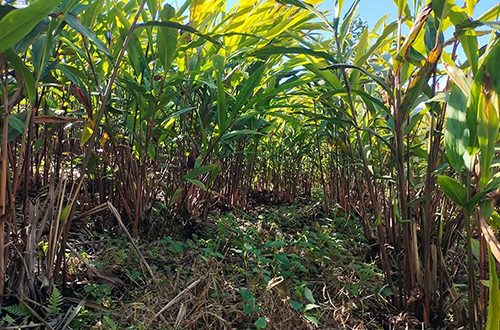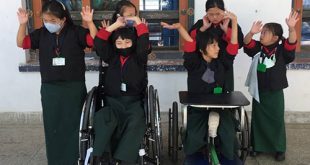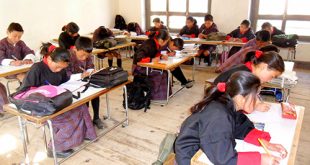Gawailing village in Lauri Gewog, Samdrup Jongkhar, has turned to cardamom cultivation as a vital source of livelihood. Once dependent on maize and vegetables, villagers shifted to the spice after traditional crops suffered repeated losses from wildlife and unpredictable weather. Today, cardamom provides many households with their main income, helping families meet daily expenses and fund children’s education.
The crop has historically offered lucrative returns. Farmers earning tens of thousands of Ngultrums from just a few acres saw prices reach up to Nu 1,500 per kilogram. Compared to other crops, cardamom has empowered local families, allowing them to plan for the future and invest in household improvements.
However, this season, farmers are facing new challenges. Young plants, just two to three years old, are wilting and dying due to pests and prolonged dry spells. Villagers fear that without timely intervention, widespread losses could threaten the community’s primary source of income.
Cardamom cultivation is widespread across Samdrup Jongkhar, with all 11 gewogs growing the spice. Lauri, Serthig, and Martshala rely heavily on it, producing nearly 170 tons annually or roughly 16 truckloads. Any decline in production could ripple through income, employment, and trade across the district.
The district agriculture extension office has acknowledged the problem and plans to visit affected farms to study the plants and implement preventive measures. Early action is seen as critical to protecting both the crop and the livelihoods it supports.
For the villagers, cardamom represents more than just economic gain. It symbolizes resilience, hope, and the prospect of a better life. Yet, with pests and unpredictable weather threatening the harvest, the community watches anxiously, balancing optimism with the reality that years of hard work could be at risk.
 The Bhutanese Leading the way.
The Bhutanese Leading the way.




